RESIDENT SCHOLARS / 2019-2020

C.J. Alvarez
Mellon Fellow
C..J. Alvarez’s book, A History of the Chihuahuan Desert, is the first history of the desert organized around the territory of an ecosystem, focusing on how human experiences on the ground have been shaped by desert conditions. Dr. Alvarez wants to elevate the voices of desert and border dwellers so that they can be heard and understood by those living outside the drylands of the international divide. In addition, he intends it to speak to people who inhabit the Chihuahuan Desert itself. A History of the Chihuahuan Desert argues for a reappraisal of desert history as a way of revealing the mutual constitution of political forces and environmental conditions.
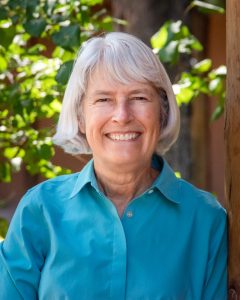
Patricia Crown
Weatherhead Fellow
In 1896, archaeologists opened a room in Pueblo Bonito, Chaco Canyon that was closed and burned by the Chacoan people around 1100 AD. Inside that room lay the majority of all known Chacoan cylinder jars, a vessel form now known to have been used in consuming cacao-based drinks. The dramatic destruction of the vessels on that day in the early twelfth century speaks both to the power of the jars and the importance of terminating them to remove that power when the ritual associated with them was rejected by the Chacoan people. For the last two decades, Dr. Crown has studied the Chacoan cylinder jars, addressing a series of questions using a variety of techniques.
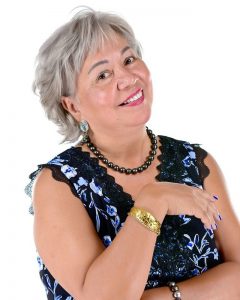
Dorothy Grant
Katrin H. Lamon Fellow
Dorothy Grant will spend her time at SAR writing a memoir about her life as a world-renowned Haida artist and fashion designer. Her goal is to share stories about the influence her Haida cultural heritage continues to have on her work. Covering subjects such as the relationship between women’s work and Haida art and how she blended traditional and modern techniques to create her fashions, Grant reflects on her first breakthrough collection, Feastwear, and the self-determination it took to bring Haida culture to the fashion world.
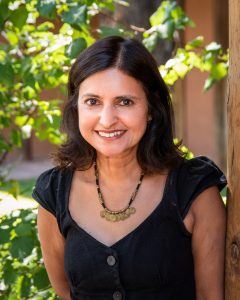
Rashmi Sadana
Weatherhead Fellow
The arrival of the Delhi Metro—an ultra-modern, high-tech, and highly surveilled urban rail system and South Asia’s first major multiline metro—has become a touchstone for discussions of urban development, gendered social mobility, and India’s increasingly aspirational culture. Dr. Sadana’s research illustrates how different classes of Indians intersect in the day to day and shows what is at stake for ordinary people, as well as governments, when it comes to the promise of infrastructure. Her project lays out the aspirational landscape of people’s daily itineraries while also exploring how the state—Delhi’s urban agencies and the Delhi Metro Rail Corporation—manages the city’s development in a process that Sadana terms “aspirational planning.”
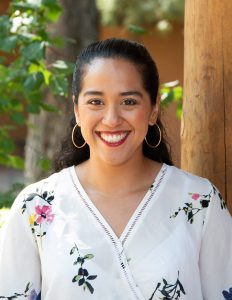
Fátima Suárez
Mellon Fellow
The Meanings of Latino Fatherhoods focuses on the diverse experiences of Latino men in the role of fathers and explores how their cultural experiences influence their views of what it means to be a good father and a good man. Ms. Suárez pursues such questions as, how do the intersections of class, age, and generation in the United States affect Latino men’s understandings of fatherhood; how do Latino men enact the meanings they attach to fatherhood; how do Latino men monitor one another’s fatherhood; and how do Latino fathers describe the emotional labor of fathering?
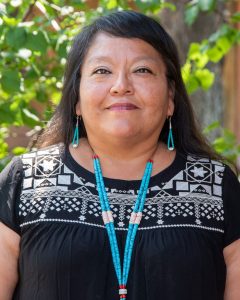
Davina Two Bears
Anne Ray Fellow
Davina Two Bears’s research documents the history of the Old Leupp Boarding School (OLBS), a Navajo federal Indian boarding school in operation from 1909 to 1942, and explores Diné (Navajo) survivance within the context of this school. Two Bears employs decolonizing research methods framed by postcolonial theory to investigate the OLBS, which currently exists as a historic archaeological site. She explores how her Diné ancestors utilized their cultural foundations to meet the challenges imposed upon them by a settler society and relates the positive stories of Native survivance achieved within the OLBS.